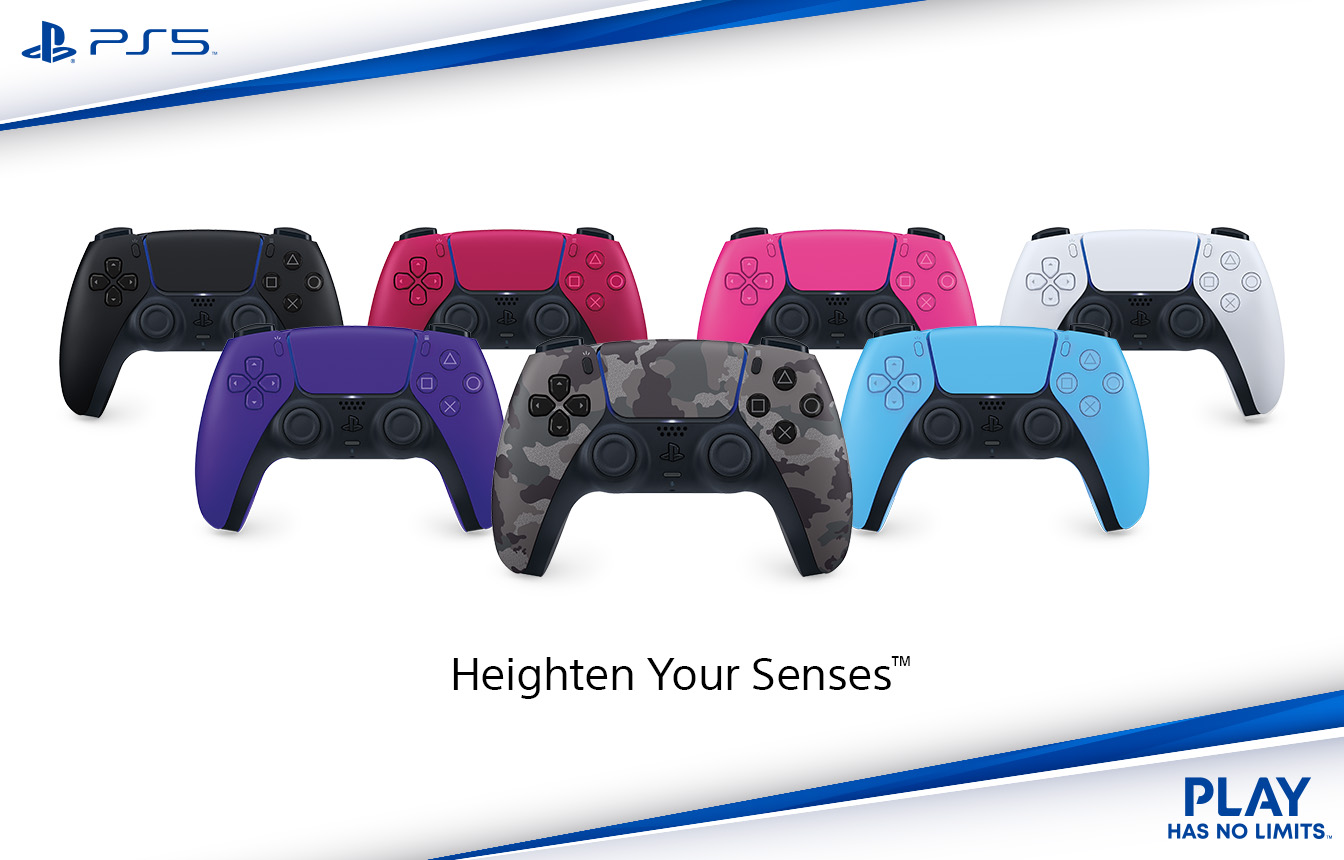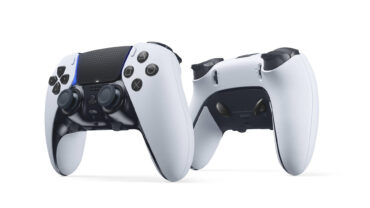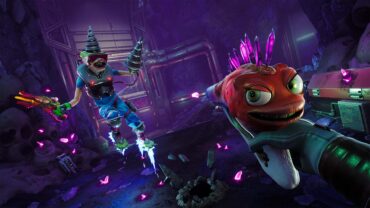As Pokémon fans wait with unwavering anticipation for the evolution of the mainline series on Nintendo Switch, The Pokémon Company, Nintendo, and developer Creatures have offered a spin-off game that continues the long-running relationship the property has had with Nintendo’s handhelds. Detective Pikachu is the full-length expansion of 2016’s Japan-only game Great Detective Pikachu: Birth of a New Duo, with nine playable chapters now available over the three found in the original release.
Even though Detective Pikachu is a Pokémon-branded game, it comes with a few head-turning details. Apart from deviating from the main series’ role-playing gameplay for a point-and-click style of experience, the game centers around a crime-solving and, yes, talking Pikachu, which arguably is an approach that can be met with skepticism. Of course, it also inspired curiosity in a player like myself, a die-hard fan of the Pokémon franchise who has been waving his Pokémon-emblazoned flag since the releases of Pokémon Red and Blue in 1998. The idea of Detective Pikachu was just so odd that I had to take a look, and, surprisingly, it wasn’t as jarring as I was initially expecting. That doesn’t mean it won me over, though.
As I briefly touched upon, the game follows a sleuthing Pikachu that has the uncanny ability to speak, which seems to be tied to his survival of a car crash. However, only a young teenage boy named Tim Goodman, whose father has recently gone missing, can hear Pikachu’s voice. Together, the two set out to uncover the mystery behind Harry Goodman’s disappearance, why Pikachu can’t remember his life before the crash, and the string of Pokémon attacks occurring throughout Rhyme City. Across the game’s nine chapters, players are tasked with solving smaller crimes within each that ultimately lead to the answers to these overarching questions. Sadly, the side mysteries that Tim and Pikachu are tasked with solving along the way aren’t as engaging as the game’s core conundrums.
Within the first few chapters of the game, the cases essentially teach you how the mechanics of solving a crime work—and, in turn, don’t offer complex mysteries to solve. For example, the first mini case involves hunting down an Aipom that stole a young girl’s necklace. The details of the theft grow as you investigate, such as when the Aipom loses the necklace after being wounded by a mysterious bird Pokémon. While the answer to the entire problem is glaringly apparent from the start, the game requires you to collect almost every piece of evidence and data related to the case before getting the chance to solve the crime. At first, this format was a welcome and leisurely experience, but it wore out its welcome by the fourth chapter.
Adding frustration to the slow-moving crime solving is the actual gameplay. The rules of how to play don’t take long to master, as your main objective is simply to talk to other humans and Pokémon, find items, and take down notes as you go along. It’s all streamlined and straightforward, which makes it easy for any player to pick up and understand. However, those looking for more engagement will be disappointed because the entire game is this constant cycle: talk with characters, move from point A to point B, rinse, and repeat. There are occasional quicktime events with button prompts that pop up during cutscenes, but there are no consequences for failing to tap the right button. Instead, the game just keeps on going with a slightly different cutscene than what would’ve played out had you hit the prompt correctly. In turn, the entire experience feels like you’re tapping through an interactive movie. Sure, that can be fun in its own way, but for a story-based game that takes close to 12 hours to complete, it needed a few more mechanics to keep me fully invested.
Of course, as a game that’s definitely geared toward a younger audience, this choice to hold the player’s hand isn’t shocking—but it didn’t have to be as dumbed down. There are two difficulty settings that you can pick when starting a new game, with the only difference between the two being extra help prompts from Pikachu if you’re ever stumped. The only problem is that Pikachu’s “helpful prompts” are nothing more than him asking you more questions. And, with his gruff, “I hate mornings” voice, it feels as if you’re bothering the tiny yellow rodent. Since the cases don’t take much brain power to tackle, and the puzzles don’t get harder or easier depending on which you choose, the slight differences between the difficulty settings are basically non-existent. It would’ve been great to see an extra setting for seasoned players that allowed for trickier puzzles, or the chance to solve the crime without collecting all the evidence. In that instance, at least the gameplay would have been a little more complex and adapted better to older audiences.
To make up for this, Detective Pikachu injects complexity through the characters and the world you get to explore. In fact, the Pokémon-filled cities, beaches, labs, and parks are the real selling points of the game. While the mainline Pokémon series has already let players travel to fantastical locations to become a Pokémon fighting champion, Detective Pikachu takes the world of Pokémon a step further by immersing you into one free of battling and training. Much like the Pokémon Ranger series, here humans treat their Pokémon as partners that have specific jobs to do for the good of society. As Tim and Pikachu delve deeper into the story, the more Pokémon you get to meet—from a Shuckle that helps create medicine with its shell to the titular Pikachu that has a knack for collecting evidence—the richer the world-building feels. The only real engagement I experienced while playing was when I was able to encounter a new Pokémon to see what it could contribute to a day-to-day work environment. I loved seeing the Pokémon world expand in that way—so much so, in fact, that I would argue another game with this same world-building care should be made. Let’s just take the focus away from solving crimes with Pikachu next time.
Another unique touch was the sketches of Pokémon Tim does when meeting one of the new creatures. Instead of the traditional Pokédex seen in most Pokémon entries (which offers a 2D or 3D model of an encountered Pokémon), Tim hand draws all Pokémon in his notebook. The artwork is gorgeous, and was a driving force—albeit small—for me to power through each chapter. (I couldn’t wait to see how Tim would sketch out the shiny Glalie we encountered at one point.) The interesting artwork also carry over into the case notes, with little drawings reminding you of what has happened so far in a case.
Regarding the overall look of Detective Pikachu, it’s undeniably the most visually-polished Pokémon game ever seen on a handheld system. While the most recent entries in the mainline series—Pokémon Ultra Sun and Ultra Moon—delivered stunning 3D worlds, Creatures managed to accomplish better visuals here, with little to no pixelated edges on models. The 3DS also offers a surprisingly smooth experience here, as the handheld’s aspect ratio makes everything look polished and high quality. (Of course, blowing up the images like you see throughout this review shows off those dreaded edges.) Ultimately, Detective Pikachu has a polished and cinematic look that helps elevate it above the other recent Pokémon entries.
With all the artistic praise aside, once I found my way to the end of the final chapter, I was left fairly unimpressed. Even as a forever Pokémon fan, the gorgeous visuals and chance to immerse in a new Pokémon setting wasn’t enough to keep me interested. I could never see myself returning to Pikachu and Tim’s story, which is a side effect of the mediocre attempt to make every piece of evidence and data worth collecting. Even the answers to the game’s bigger questions about Tim’s dad, the Pokémon outbreak, and why Pikachu can talk didn’t end up scratching the mystery genre itch I had when first jumping in. Pokémon fans will appreciate the alternate look at the daily life of a Pokémon, but apart from that, there’s not much else to keep the story alive.
|
★★★☆☆
Detective Pikachu takes several steps away from the traditional Pokémon experience, with only a handful paying off. The beautiful imagery and distinct world-building will please any Pokémon fan, but the gameplay might leave them wanting more. While the point-and-click-style experience is a novel idea for the gameplay, it never manages to fully grab the player’s attention. |
Developer Creatures Publisher Nintendo, The Pokémon Co. ESRB E – Everyone Release Date 03.23.2018 |
| Detective Pikachu is available on Nintendo 3DS. Primary version played was for New Nintendo 3DS XL. Product was provided by Nintendo, The Pokémon Co. for the benefit of this coverage. EGM reviews on a scale of one to five stars. | |





